
Civil & Environmental EngineeringNIHR Global Health Research Group on Adolescent Health and Wellbeing in Malawi
About the project
We've been awarded £3 million from the National Institute for Health and Care Research (NIHR) to lead this project, bringing together experts from Strathclyde, Kamuzu University of Health Sciences, and the Malawi University of Business and Applied Sciences.
This four-year project aims to collaborate with young people, family and community members, health workers, policymakers, and other organisations to develop, execute, and assess strategies for enhancing adolescent health and well-being in Malawi.
The United Nations (UN) - in an article titled '10 things you didn't know about the world's population' - estimates there are more 10-24-year-olds alive today than at any other time in human history, the majority of which live in low and middle-income countries such as Malawi.
Within these settings, adolescence is affected by several health and well-being burdens that are worsened by poverty. However, adolescents are often the most neglected group in health care service provision, particularly those aged 10–14 years, a time considered critical in shaping their future lives.
Our focus is on the health and well-being of adolescents in Malawi. We're working with young people, influencers, parents, and others active in development work to better understand young people’s lives in both urban and rural settings. To do this, we co-create, test, and evaluate innovative approaches to address identified challenges.
We're focusing on:
- gender, sexual, and reproductive health rights
- aspirations and well-being including mental health
- water, sanitation, and hygiene
Our work in these areas will be supported by an examination of policy and economic frameworks that are needed to support long-term change.

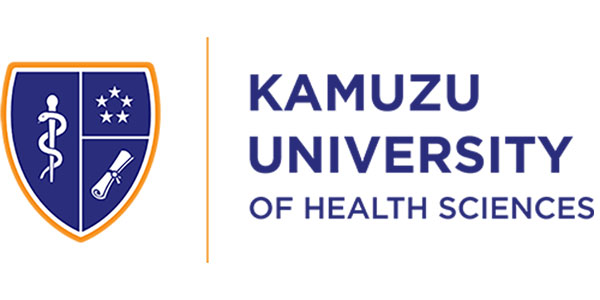

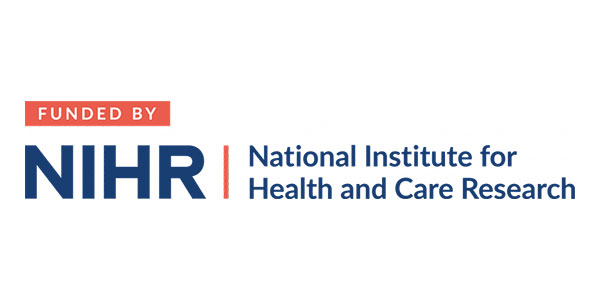
Project background
Adolescence in Malawi is affected by multiple health and well-being burdens that are made worse by poverty, including:
- HIV and other infectious diseases
- undernutrition
- gender norms that underpin poor sexual and reproductive health
- injury and violence
- non-communicable diseases
Young people are often the most neglected group in health care service provision, particularly those aged 10–14 years, a time considered critical in shaping their future lives. There has been limited progress towards meeting the needs of adolescents in Malawi, for example, national rates for completion of the full eight years of primary school remain low (44% male; 37% female). Adverse gender norms weigh heavily on girls and young women, so age-specific fertility for adolescents remains high, and there's an unmet need for family planning services.
Programming intended to extend health services to adolescents remains highly problematic, with essentially no universal health coverage for the youngest age groups, highly adverse social norms that preclude the use of contraception before the first birth, and many service-side barriers. Additionally, the COVID-19 pandemic is magnifying the challenges for communities and for service provision in the health and education sectors, and has impoverished a whole generation of adolescents and limited their life chances.
Project goals
We anticipate that our holistic approach to examining the lives of young people can bring immediate benefits to them, as well as throughout their future adult lives and for the next generation of children. We expect to see:
- a decrease in absences from education due to Water, Sanitation, and Hygiene (WASH) issues
- a reduction in risky behaviours related to adolescent fertility
- the development of strong and realistic aspirations based on mental well-being
- an improvement in functional literacy and numeracy skills among adolescents
- the creation of a creative, fair, responsive, nurturing, and effective research environment with the aim of achieving positive outcomes in the health, social engagement, and academic success of adolescents, enabling them to fully embrace their opportunities
We must gain a clear understanding of the opportunities and barriers to adolescent health and well-being in low-income settings such as Malawi, while recognising and examining important gendered, regional, and rural-urban differences.
A key outcome will be to ensure more effective peer, parental, and multisectoral support. We also aim to bring forward and test new ways to mitigate adverse conditions and foster elements that can provide material and social protection, and resilience for adolescents, enabling young people to maximise their chances in life.
Meet the team
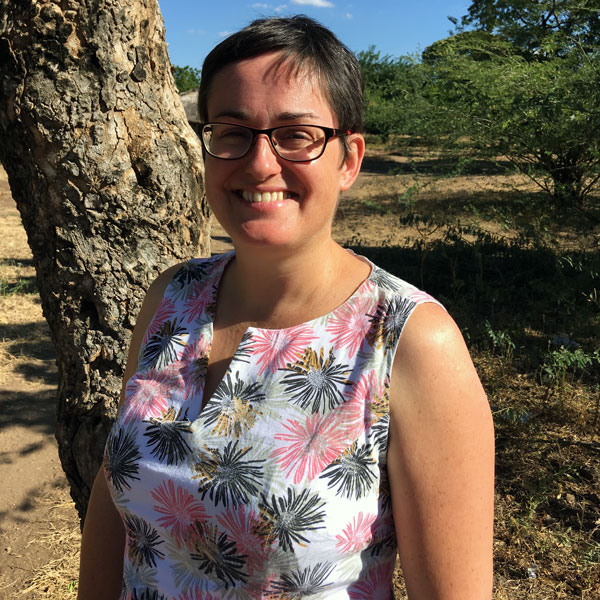
Professor Tracy Morse
Head of the Centre for Sustainable Development, University of Strathclyde
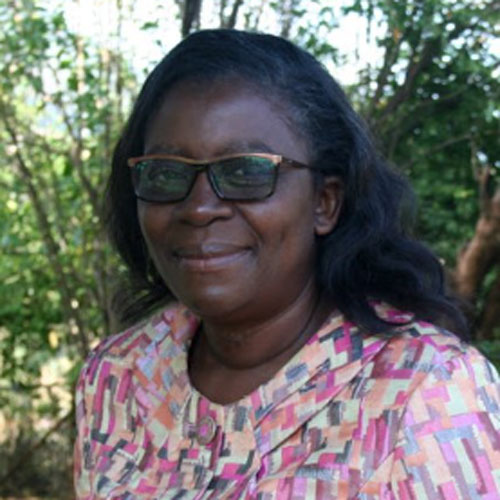
Dr Effie Chipeta
Director, Centre for Reproductive Health, Kamuzu University of Health Sciences
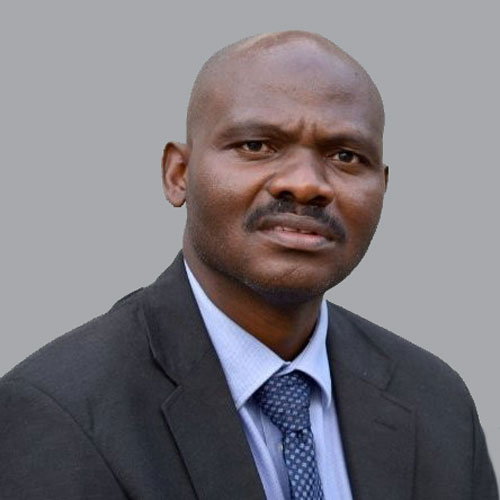
Professor Adamson Muula
Professor of Epidemiology and Public Health, Kamuzu University of Health Sciences

Professor Alec Morton
Academic, University of Strathclyde

Professor Linda Alinane Nyondo Mipando
Associate Professor of Health Systems and Policy, TTF, Department of Women's and Children's Health, University of Liverpool

Professor Edward Sosu
Reader and Research Director, The Strathclyde Institute of Education, University of Strathclyde
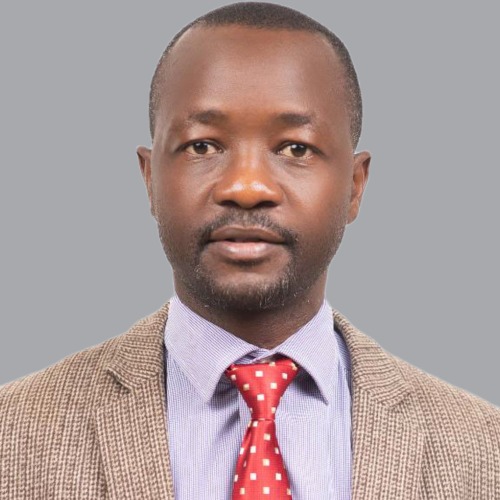
Professor Fanuel Lampiao
Associate Professor of Physiology, College of Medicine, Kamuzu University of Health Sciences
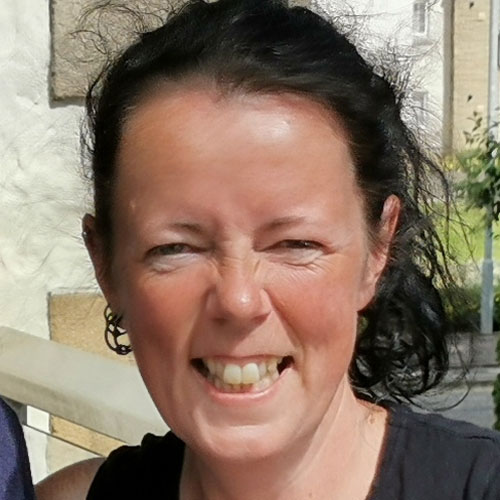
Dr Tara Beattie
Senior Lecturer, Civil & Environmental Engineering, University of Strathclyde

Professor Christabel Kambala
Associate Professor, Malawi University of Business and Applied Sciences
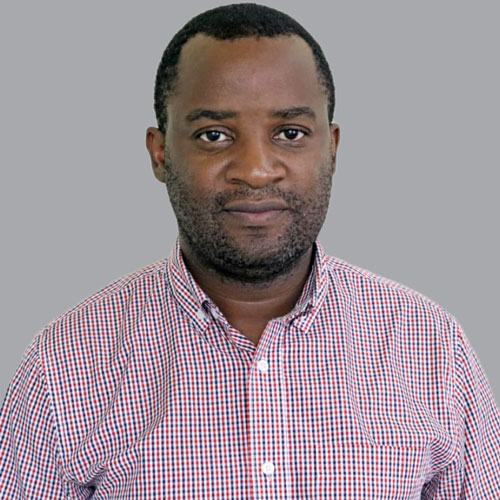
Dr Kondwani Chidziwisano
Lecturer and Research Fellow, Malawi University of Business and Applied Sciences

Wanangwa Chimwaza
Research Fellow, Centre for Reproductive Health, Kamuzu University of Health Sciences
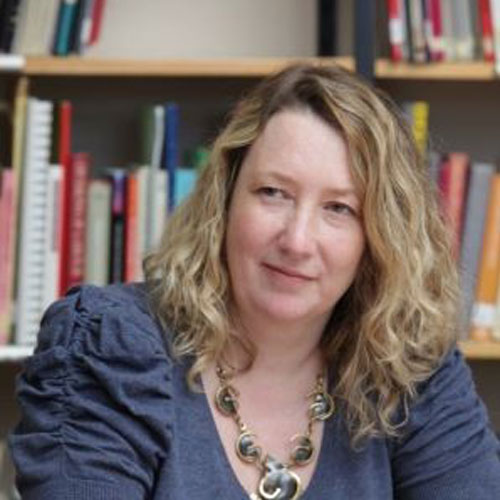
Professor Marion Henderson
Professor, School of Social Work & Social Policy, University of Strathclyde

Professor Neil Quinn
Professor, Social Work & Social Policy, University of Strathclyde
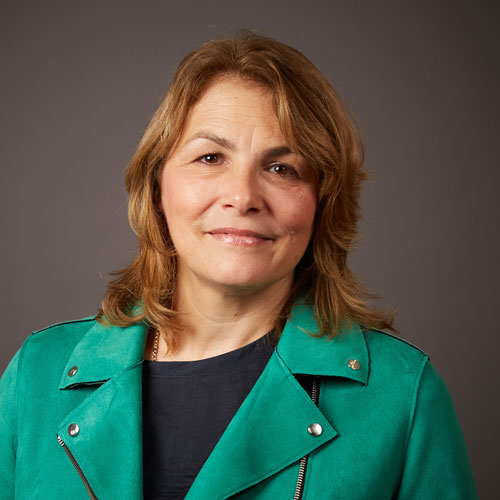
Monica Porciani
Director of Diversity, Inclusion & Wellbeing, The Strathclyde Institute of Education, University of Strathclyde
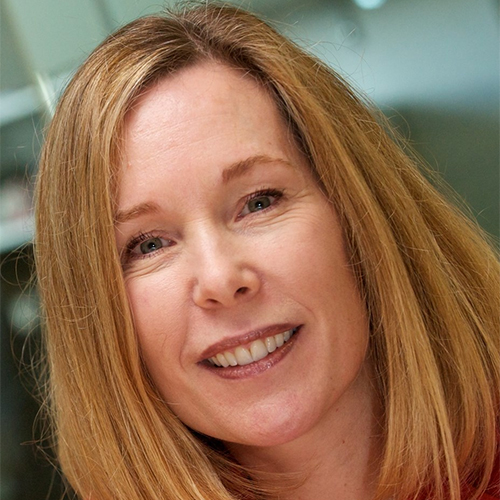
Professor Jennifer Davidson
Director, Institute for Inspiring Children's Futures, University of Strathclyde

Patani Mhango
Project Manager, Kamuzu University of Health Sciences

Monica Malata
Health Economist, Kamuzu University of Health Sciences
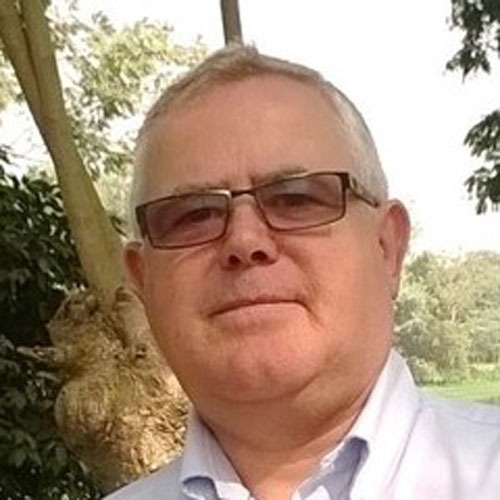
Professor William Stones
Kamuzu University of Health Sciences

Lusizi Kambalame
Research Assistant, Malawi University of Business and Applied Science

Rosannie Malolo
Research Assistant, Malawi University of Business and Applied Sciences

Monica Nzanga
Research Assistant, Malawi University of Business and Applied Sciences
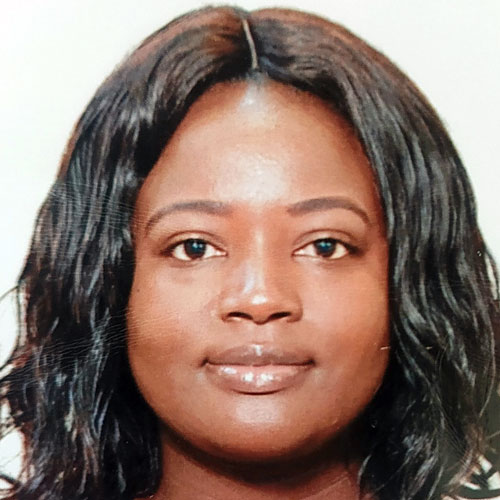
Medrina Mtende
Research Project Admin Assistant, Kamuzu University of Health Sciences
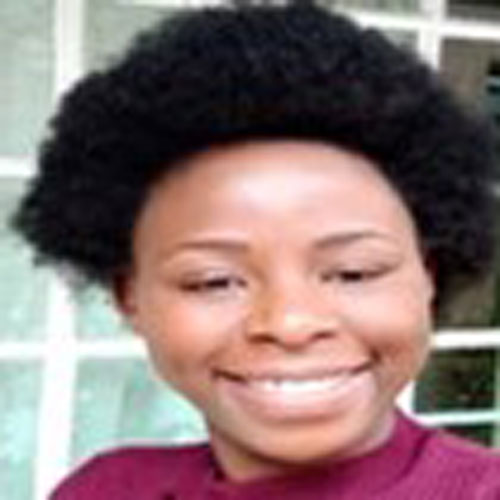
Princess Kayira
Graduate Research Assistant, Kamuzu University of Health Sciences

Razak Mussa
Project Coordinator, Kamuzu University of Health Sciences

Pamela Dube
Programme Manager, Civil & Environmental Engineering, University of Strathclyde